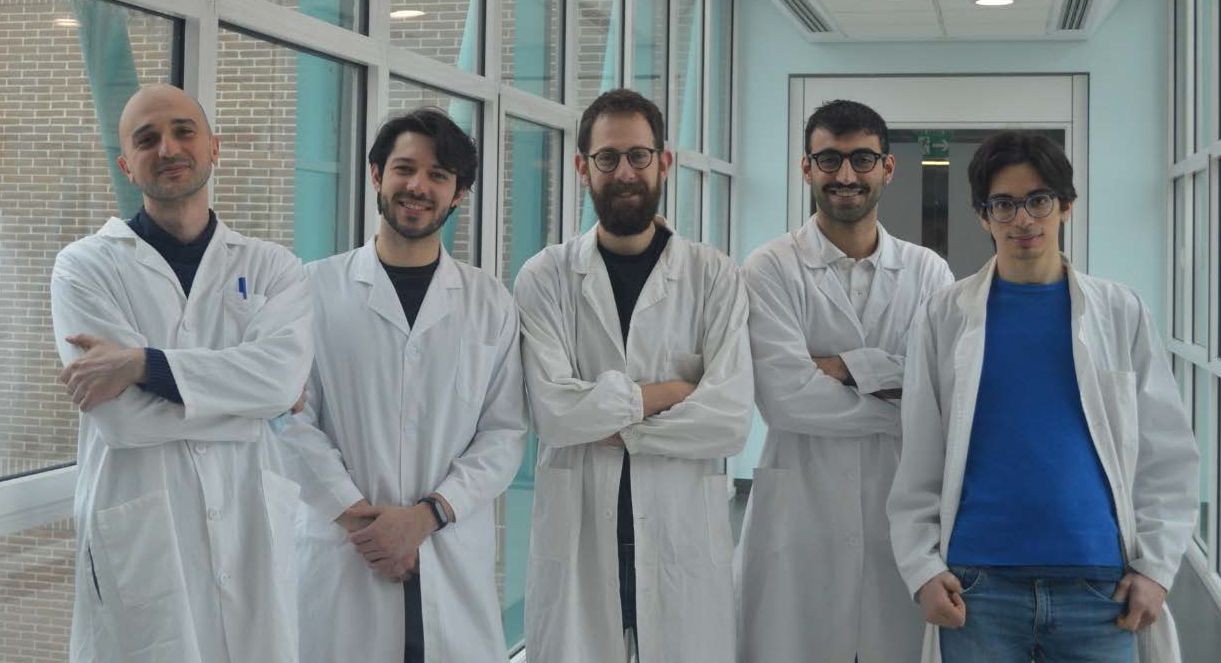Program
The “Chemical Biology” unit develops new technologies and new strategies for enhancing drug therapies. Particular attention is paid to the pathways that enable the internalisation and delivery of biomolecules and biopharmaceuticals into intracellular compartments of the cell.
The Chemical Biology Unit aims to develop and validate enabling technologies that have the potential to transform the ability of basic scientists to achieve relevant clinical and health-related goals. Particular attention is paid to the pathways that enable the internalisation and delivery of biomolecules and biopharmaceuticals into intracellular compartments of the cell.
Despite significant advances in human genetics over the past two decades, the proportion of the human proteome that is targeted by small molecules remains relatively small. This is partly due to the lack of technologies that can systematically address the vulnerability of uncharacterised disease-relevant proteins or pathways and the associated scientific and commercial opportunities.
Alterations in membrane trafficking pathways are associated with many human diseases, including cancers, neurodegenerative disorders and rare genetic diseases, and represent new opportunities for target discovery. However, current approaches do not systematically address the vulnerability of membrane trafficking pathways to pharmacological inhibitors.
Our research program has three main goals:
1) to develop new technologies for the analysis of membrane trafficking pathways.
2) to understand the structure-function relationships of membrane trafficking networks.
3) to identify drugs that can reverse disease phenotypes caused by alterations in membrane trafficking.
The research unit’s activities include the development of biosensors and gene editing tools for high-throughput identification of novel biomarkers and drug inhibitors that, by acting on specific intracellular trafficking pathways, have the potential to transform the therapeutic treatment of incurable diseases (PI: C.C. Campa).
